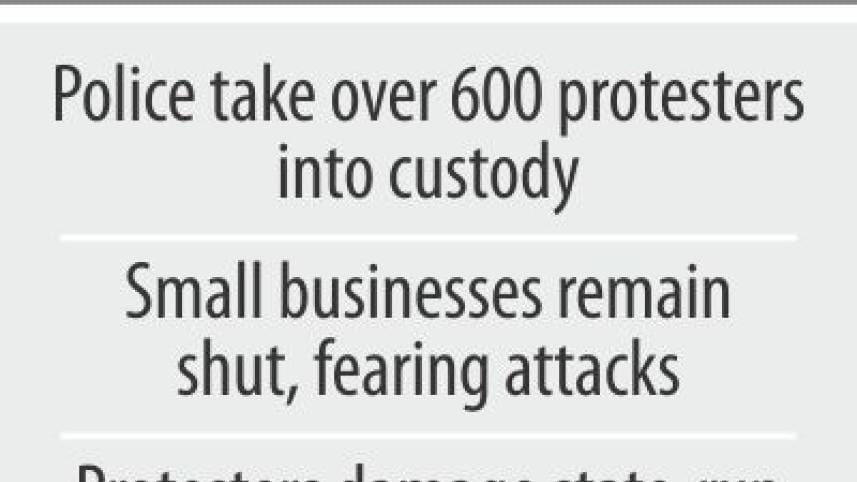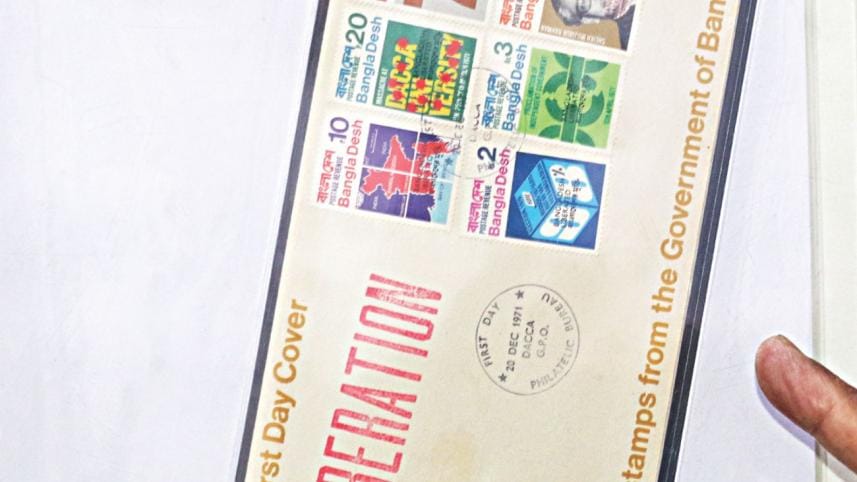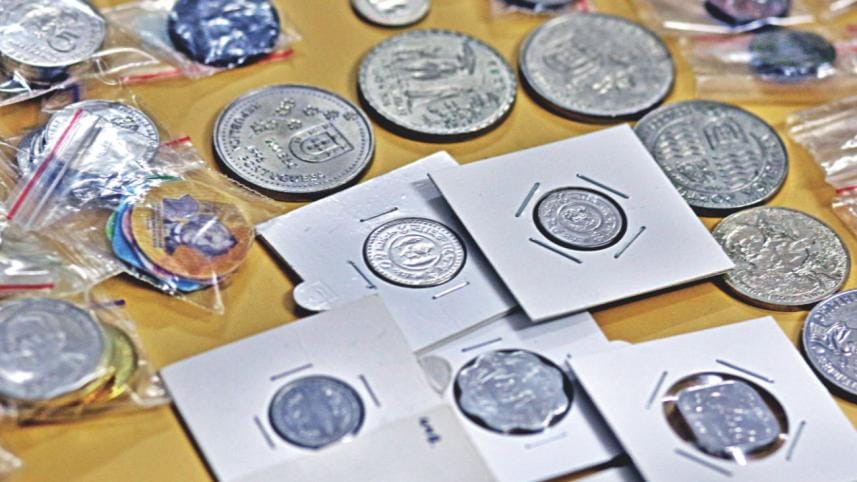A perfect riposte

It was a dream of the Father of the Nation Bangabandhu Sheikh Mujibur Rahman which his daughter Prime Minister Sheikh Hasina, with her steely resolve, is about to fulfill.
The dream project Padma Bridge connects the southwest region with the rest of the country, and after many ups and downs, adversities and controversy, this dream is about to be materialized.
There were many obstacles, most notably the uncertainty of funds after the World Bank withdrew, citing 'corruption conspiracy' which led to fierce criticism at home and abroad.
There were also many physical challenges, one of them being the river Padma herself, due to her extremely strong currents. Besides, there were complications over the formation of the solid layer at the bottom of the river.

But against all odds, adversaries and detractors, a singular-minded Sheikh Hasina stood firm like a true statesman. Her perseverance and nationalistic pride that acted as a driving force has made the impossible, possible.
The dream Padma Bridge is now a reality. It is not just a structure, it is a symbol of the country's pride, progress and coming of age. The Padma Bridge is a significant milestone in the glorious chapter of Bangladesh's history.
Although Awami League promised to build a bridge over Jamuna, Buriganga, Sitalakhya and Karnaphuli rivers in its 1970 election manifesto, Bangabandhu made the announcement to build a bridge over Padma after the independence in 1971.
But after Bangabandhu was assassinated along with his family members in 1975 on that black day of August 15, the dream Padma Bridge remained elusive until his daughter Sheikh Hasina embarked on the Herculean task of fulfilling that dream.
But it has been a rough ride for her. The World Bank withdrew its $1.2 bn pledge on June 29, 2011 citing corruption conspiracy. The other development partners ADB, JICA and IDB also opted out.
Within one week after WB's withdrawal, the premier announced that the Padma Bridge would be built with the country's own funds.
The prime minister also laid out ambitious plans to mobilise resources, including levying surcharges and issuing sovereign bonds. She instructed different ministries to slash development projects and divert the money to fund the multipurpose bridge.

The premier decided that the construction work of Padma bridge would start with our own funds. And if any international donor or organisation wants to take part in the project, a decision would be made upon discussion.
After the WB complaint, corruption allegations surfaced against a family member of the prime minister, cabinet member, advisor, the then secretary of the bridge division and many others.
But the prime minister has always maintained that those allegations were unfounded. She even asked individuals to be reported to her if anyone does anything using her name.
The WB decision to back out not only put the project in uncertainty, but also hurt our nationalistic pride to the core. The prime minister made no secret of her feeling.

"They want us to beg. They want us to continue as guinea pigs. We will go ahead with this project using our own resources," Sheikh Hasina told the parliament on July 8, 2012.
Bangladesh's relations with the WB became strained over the corruption conspiracy allegation and eventually Bangladesh officially withdrew its request for funding on February 1, 2013.
The WB started its own investigation and had requested the Canada police to take action against SNC Lavalin. After the trial procedure for over five years, a court in Canada disposed of the corruption case. The court in its verdict said that the evidence submitted was conjectural, filled with gossip and rumours. The court also acquitted the three accused Lavalin officials.

At that time Bangladesh said the corruption allegation levelled against the country was part of a conspiracy and meant to tarnish the image of the country.
When the construction of the bridge started in November 2014, many criticised it, saying it was impossible or just a day-dream. Some, at that time, said that the construction of the bridge using our own resources would not be viable.
They said it was risky. Diverting development funds to the bridge project could affect sectors such as health and education, undermining social achievement and delaying growth.
But the steadfast premier took all the criticisms in bold stride.

She formally inaugurated the construction of the bridge on December 16, 2015. In that ceremony on Victory Day, the premier said, "We will have to shrug off the begging mentality to do such enormous work."
"I wanted to show that we can do it. We have reached that day, today."
Ever since that assertive, confident statement was made, the premier moved along with her party second-in-command Obaidul Quader and others to fulfill that audacious dream.
Along the way there were hiccups with piling works of some piers. Covid-19 also slowed down the progress of the work, but could hardly deter the determination of a nation ready to overcome the last geographical barrier under the leadership of Prime Minister Sheikh Hasina.
The bridge is set to change the fortunes of the people of the southwestern reason. As an economic corridor, it will create investment opportunities and employment, increase mobility of traffic, and enhance trade, production and connectivity with the region.

We salute you Prime Minister Sheikh Hasina for fulfilling that dream, for that rainbow of hope, and for the prosperity that the Padma Bridge will bring.
How we feel today is reminiscent of the words of poet Sukanta Bhattacharya's poem 'Durmar'.
সাবাস বাংলাদেশ!
এ পৃথিবী অবাক তাকিয়ে রয়
জ্বলে পুড়ে মরে ছারখার
তবু মাথা নোয়াবার নয়।
["…Bravo, Bangladesh, the world is looking with awe; burnt to ashes, still will not bow down."]

 For all latest news, follow The Daily Star's Google News channel.
For all latest news, follow The Daily Star's Google News channel.
Comments